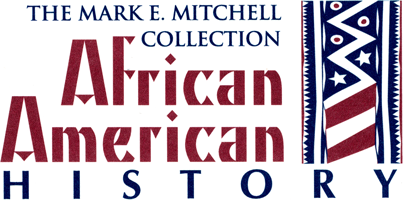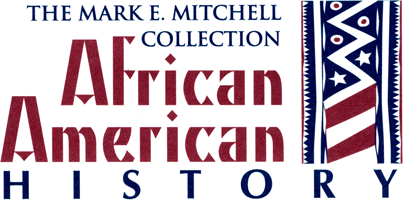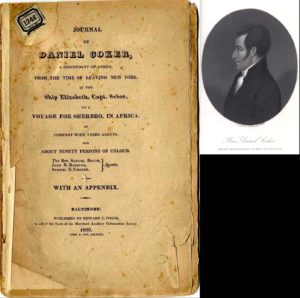“Thank the Lord I Have Seen Africa!”
The “Journal of Daniel Coker, a Descendant of Africa,” published Baltimore, MD, 1820, documents the historic February to March 1820 voyage of 86 free black emigrants from New York to Sierra Leone in the ship Elizabeth, cited in many texts as the “Mayflower of Liberia.”
Reverend Daniel Coker (1780-1846), born as Isaac Wright, to a white indentured mother and black slave father, was allowed to pursue an education by serving as valet to his three white half-brothers from his mother’s prior marriage. Absconding to New York, he changed his name and became an ordained Methodist minister.
Returning secretly to Maryland, friends assisted in purchasing his freedom, whereupon he began preaching, teaching, and speaking out against slavery. Dissatisfied with the Methodist Church’s racial discrimination, he helped found the African Methodist Episcopal Church, serving as its secretary, and on April 9, 1816, was elected as its bishop. However, and perhaps due to his light complexion, he immediately resigned and Richard Allen was installed as its first bishop.
Coker soon became fixed upon a new missionary idea – to Christianize native Africans. Having secured financial aid from the Federal Government, the American Colonization Society endeavored to transplant free African Americans to Africa. When his three fellow missionaries perished, Reverend Coker carried on to bring his denomination to the welcoming British colony of Sierra Leone, where he established the AME Church in Freetown, its capitol, and served until death as its spiritual leader.
The “Journal” is more than simply a fascinating story of the first ocean voyage and “return” of emigrants to “Mother Africa.” It contains Coker’s frank observations of native Africans, their “heathen” ways, and moments of humor in relating his first clumsy attempts in preaching to them and setting up their Sunday school.
The Mitchell Collection also holds the original, detailed passenger manifest for these 86 emigrants, with amendments, likely by Rev. Coker himself, on the subsequent fate of some of the colonists.


